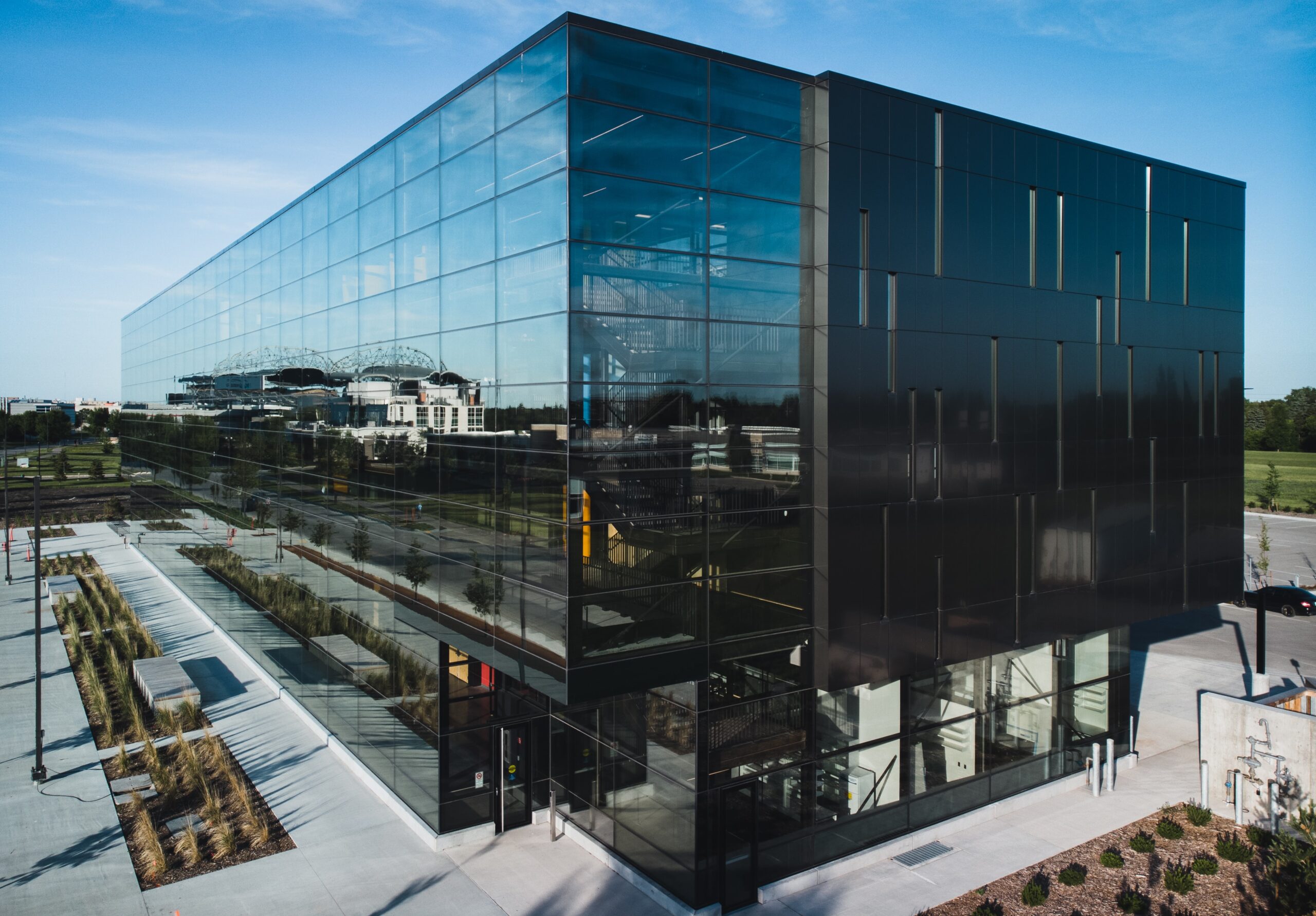Adding Value To Your Commercial Property with ERP Systems
Adding Value To Your Commercial Property with ERP Systems
Implementing an Enterprise Resource Planning (ERP) system can indeed add value to your commercial property in several ways. ERP systems are comprehensive software solutions that integrate various business processes and functions into a centralized platform.

Here are some ways ERP systems can contribute to the value of your commercial property:
Streamlined Operations: An ERP system can streamline and automate key operational processes such as inventory management, procurement, sales, and financial management. By eliminating manual and redundant tasks, it increases efficiency and productivity, leading to cost savings and improved profitability. Potential investors or buyers may see this increased operational efficiency as a valuable asset.
Enhanced Financial Management: ERP systems provide robust financial modules that enable accurate and timely financial reporting, budgeting, and forecasting. These systems facilitate better financial management, giving stakeholders increased visibility into financial performance. This transparency and financial stability can increase the perceived value of your property.
Improved Data Management: ERP systems centralize data from various departments and provide real-time access to critical information. This data integration and accessibility enable better decision-making, as stakeholders can make informed choices based on accurate and up-to-date information. The ability to leverage data effectively can be seen as a valuable asset for potential buyers or tenants.
Increased Scalability: ERP systems are designed to support business growth and scalability. As your commercial property expands or changes its operations, the ERP system can easily adapt to accommodate these changes. This flexibility can be attractive to investors or buyers, as they can envision the property supporting future growth without requiring significant software infrastructure investments.
Improved Customer Relationship Management (CRM): Many ERP systems incorporate CRM functionality, allowing businesses to manage and nurture customer relationships effectively. By tracking customer interactions, managing leads, and providing personalized services, an ERP system can enhance customer satisfaction and loyalty. A commercial property with a well-implemented CRM system may be seen as having a stronger customer base and growth potential.
Enhanced Compliance and Risk Management: ERP systems often incorporate features to ensure compliance with regulations and manage risks effectively. By automating compliance processes, monitoring transactions, and implementing internal controls, an ERP system helps mitigate risks and avoid costly penalties. This can be seen as a valuable asset, particularly in industries with strict regulatory requirements.
Ultimately, implementing an ERP system demonstrates that your commercial property is technologically advanced, well-managed, and positioned for long-term success. Potential investors or buyers may view this positively and perceive the property as a valuable asset with a competitive advantage in the market.
Must read Increase Customer Retention.